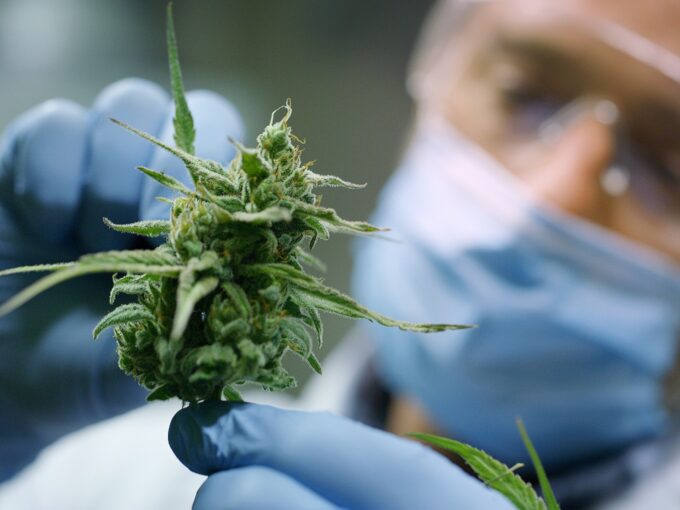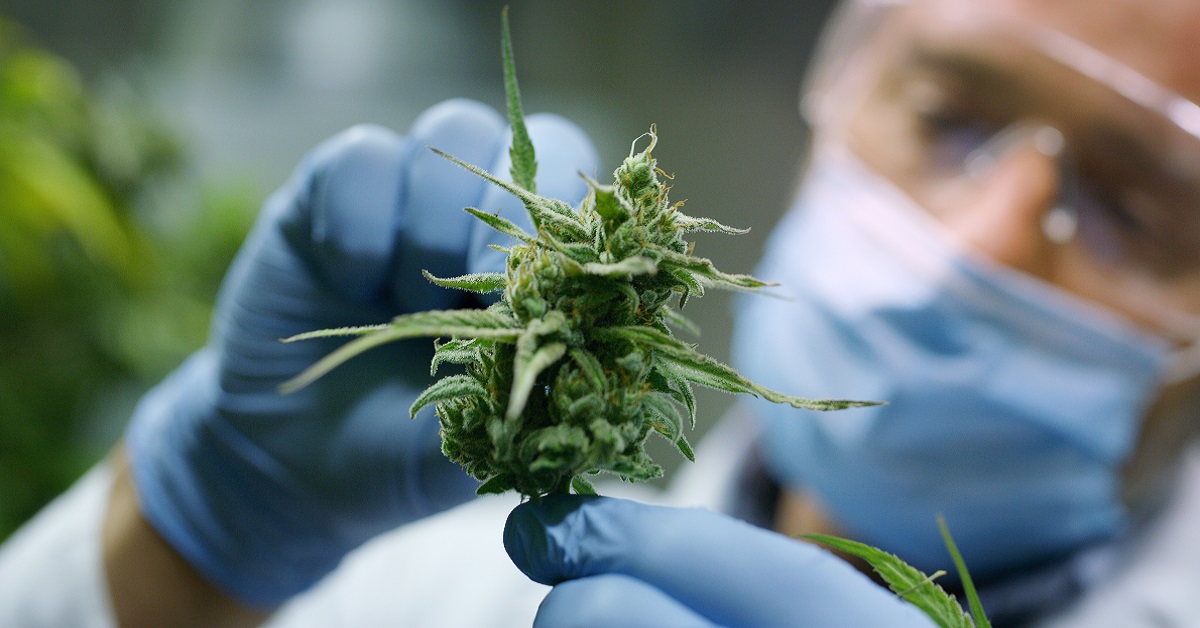The legal reason why we cannot mention Cannabidiol (CBD) or Tetrahydrocannabinol (THC) on Ayurvedic packaging is because it is not recognized under Ayurveda
Uttarakhand has developed a policy under Section 14 of the NDPS Act,1985 allowing Industrial or horticulture cultivation of the Hemp plant
Today there is a clear market when it comes to textiles, food & nutrition, and cosmetics; Iit all depends on where it’s being placed and distributed and at what price

Rules and Regulations around Cannabidiol (CBD) can be looked at in two different ways. One, any kind of proprietary medicine that is manufactured under the State Ayush Regulation permits the manufacturing of both the compounds Tetrahydrocannabinol (THC) and CBD together. This is allowed due to Ayush laws only permitting whole leaf plant extracts under the full spectrum ambit. When you go into any other form of isolation or remove any other form of broad-spectrum, it tends to complicate CBD and falls out of the purview of Ayush regulations
Understanding The Existing Law
The legal reason why we cannot mention CBD or THC on Ayurvedic packaging is because that is not recognized under Ayurveda. Secondly, Cannabinol (CBN), a weaker version of THC interprets CBD as an extract of the Cannabis plant under 53 of NDPS Rules – which is the most important Act in understanding legalities regarding CBD
Any brand or company today can import or export Cannabis plant-based medicines under the Narcotic license and manufacture the same undercover license. This is the only legal way of using CBD as a part of any business. Any other manner of selling and distribution of CBD tincture, the isolate can make the same illegal. That can only happen under the Drugs & Cosmetics Act, through DCGI approval.
Uttarakhand as everyone is well versed with has developed a policy under Section 14 of the NDPS Act,1985 allowing Industrial or horticulture cultivation of the Hemp plant.
Recently most crucial regulation related to the facade has come out in the open, allowing hemp seeds in food. When it comes to the Food Safety authorities of India with Ayurveda, there is complete clarity of the law.
Hemp is not a regulated crop however this recent development has allowed offline and online distribution, import and export, and everything to do with the Hemp Industry. It is available for businesses and manufacturing. Manufacturing of Hemp as fiber does not have any regulation hindering it and that is only because it is not because Hemp seeds and fibers are not covered under the definition of Cannabis under NDPS Act.
Today a lot of states are interested in its cultivation, however, Uttarakhand is the only state that can go ahead with it.
Market Opportunities For Startups
Talking about how startups can benefit, one can make any kind of work in development with the seed, fiber, or stock. There are no restrictions or requirements of any license or permission to sell these or even market these. It is as basic as a regular food ingredient and as normal as any fabric available in the market. I strongly believe, moving ahead there will exist an activity department that will regulate the crop allowing more concentration and plant promotion, making it more of a field crop and a commercial crop.
Today there is a clear market when it comes to textiles, food & nutrition, and cosmetics. It all depends on where it’s being placed and distributed and at what price.
Another important piece of information about CBD (full spectrum and whole leaf extract) is that the selling & distribution has no restrictions in any form of Ayurveda.
CBD must be clarified to the Central Government by the Ministry of Finance and other departments such as NCB and CBN, accepting that CBD is a Non-Narcotic. This has been mentioned in the Facade document. Once it’s made as an exemption under the NDPS Act, then anything to do with the manufacturing or development or even the import and export can be performed on a legal tonality.
Coming to the areas that are allowed to cultivate the crop, it is Uttarakhand for today. The state can cultivate the plant for Research & Development cultivation. Section 10 rules have been framed by Uttarakhand, UP, and J&K for research and development of Cannabis cultivation. We are also in conversation with Himachal in regards to the cultivation license. There are four to five states in the pipeline. Along with these we also have states like Goa, Karnataka, Orissa, Jharkhand, and so on.



![Read more about the article [Startup Bharat] Here’s how this Coimbatore-based pet care startup is tapping Ayurveda for food products](https://blog.digitalsevaa.com/wp-content/uploads/2022/04/TABPS-pets-final-1648780112077-300x150.png)





